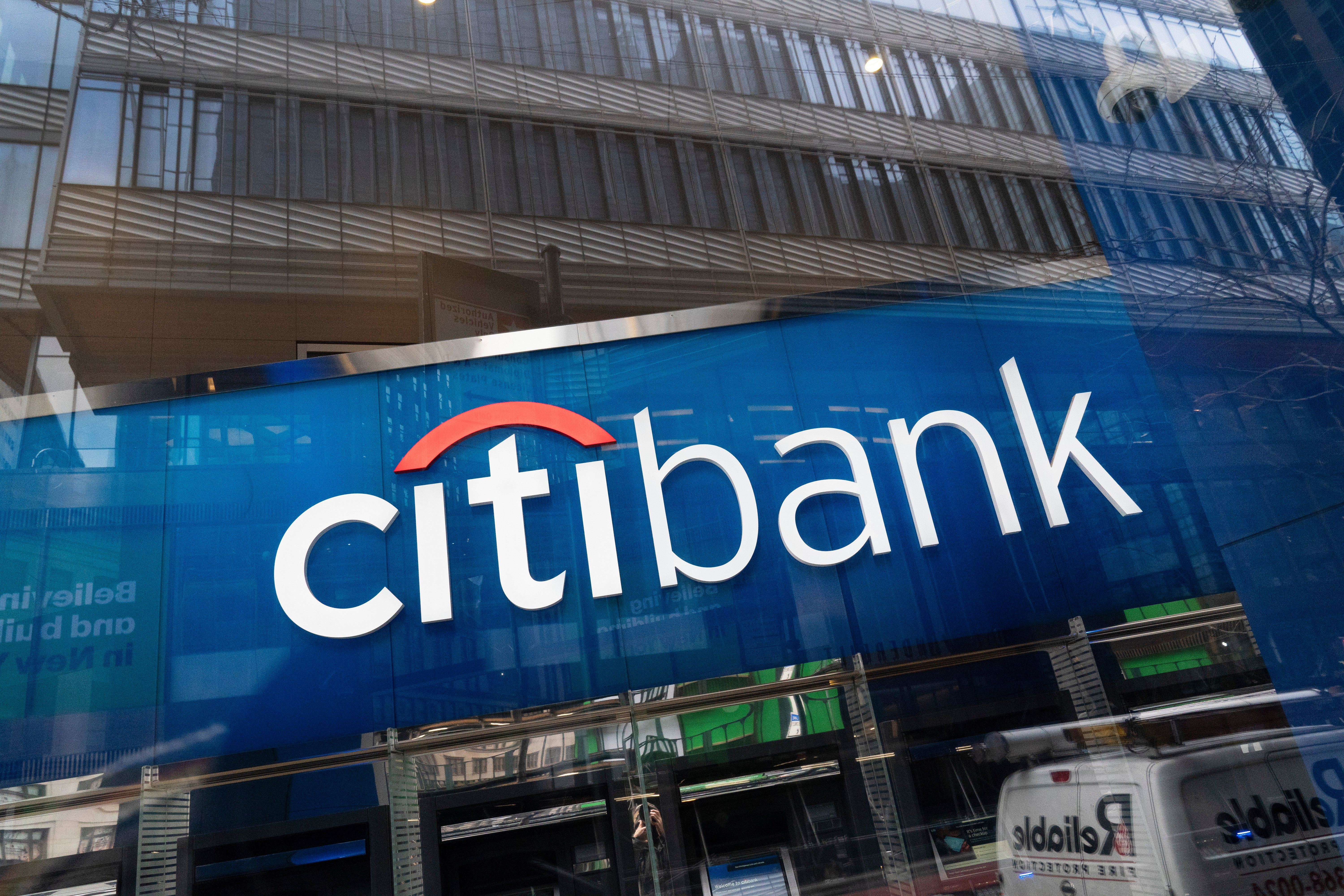Citigroup says some predecessor companies likely saw indirect financial benefits from slavery
Some of the companies that formed what is now Citigroup likely benefitted financially from slavery in the 1800’s, the financial giant acknowledged Thursday, an admission that comes at a time when numerous institutions are re-examining their historic roots and the roles they played in slavery in the U.S. In research conducted last year, Citi found that none of its predecessor companies directly purchased, sold, or held slaves

Some of the companies that formed what is now Citigroup likely benefitted financially from slavery in the 1800's, the financial giant acknowledged Thursday, an admission that comes at a time when numerous institutions are re-examining their historic roots and the roles they played in slavery in the U.S.
In research conducted last year, Citi found that none of its predecessor companies directly purchased, sold, or held slaves. But the research did find that some of predecessor entities “likely indirectly profited from the institution of slavery through financial transactions and relationships with individuals and entities located or operating in the United States before 1866.”
Many of the nation’s biggest banks including Citi are conglomerations of financial institutions that have merged or bought each other over many years. Citi traces its founding back to 1812 when the City Bank of New York was created.
One of Citi’s most prominent presidents in the 19th Century was Moses Taylor, who did business in Cuba that used slave labor to farm sugar.
“Given that a significant portion of Taylor’s businesses was connected to the trade of sugar and its derivatives from Cuban plantations that used slave labor, City Bank of New York likely profited indirectly from enslaved labor in Cuba by engaging in transactions with Taylor and his businesses," wrote Edward Skyler, Citi's head of public affairs, in a blog post Thursday.
The bank also had found other directors or founders likely owned slaves through Lehman Brothers, which was founded in Alabama. Citi purchased parts of Lehman in the late 1990s.
Citi is not the first bank to admit it had connections to the institution of slavery.
In 2005, JPMorgan Chase acknowledged that two of its predecessor banks had specific links to the slave trade. In JPMorgan’s case, two banks in Louisiana received thousands of slaves that were used as collateral.
The Charlotte, N.C.-based bank Wachovia, which failed in the 2008 financial crisis and was subsequently bought by Wells Fargo, also admitted in 2005 that it had roots back to slavery. Wachovia found the Bank of Charleston and Georgia Railroad and Banking Company both owned slaves.